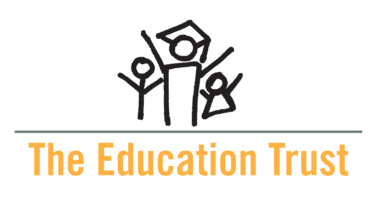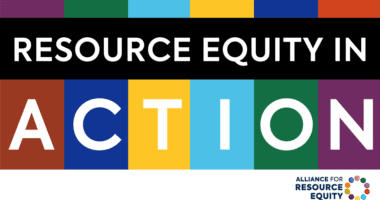The Most Troubling Part of the Fed’s Decision to Back Away from Waiver Renewal Criteria
At Ed Trust, we worry constantly about whether our most vulnerable students are getting their fair share of effective teachers. So we were heartened in August when the U.S. Department of Education included attention to equitable access as a criterion for the renewal of No Child Left Behind (NCLB) waivers. It presented a real opportunity to push states toward collecting, reporting, and acting on equitable access data. But now, with news today that the department has reversed this decision, that lever is gone.
Although there is a provision in NCLB that prohibits disproportionate access to less qualified teachers for low-income students and students of color, very few states have acted on this in any way. And as states look ahead to new educator evaluation systems, there is little reason to think this will change. Only eight states, according to a recent review, require the sharing of educator evaluation data at a level that would allow for meaningful comparisons of teacher quality between schools within a district.
This is especially troubling because we know that issues of inequity exist in districts across the country. In a new study of 29 districts across 16 states, researchers found that low-income students experienced less effective teaching than their higher-income peers — in 27 districts for language arts and in 19 districts for math. Even worse: There was no evidence of a district where low-income students enjoyed more access to effective teaching than their high-income peers. (Equally concerning is that only seven districts indicated that they are doing anything in the way of examining value-added or evaluation data to measure student access to effective teaching.)
We are disappointed that the federal government backed away from a focus on equity as part of the waiver renewal. With only eight states collecting information about school-level teacher performance — and officials only hoping to talk about teacher equity with states by the end of January — high-need students continue to be compromised. District attention and action should be required now to address existing inequities.





